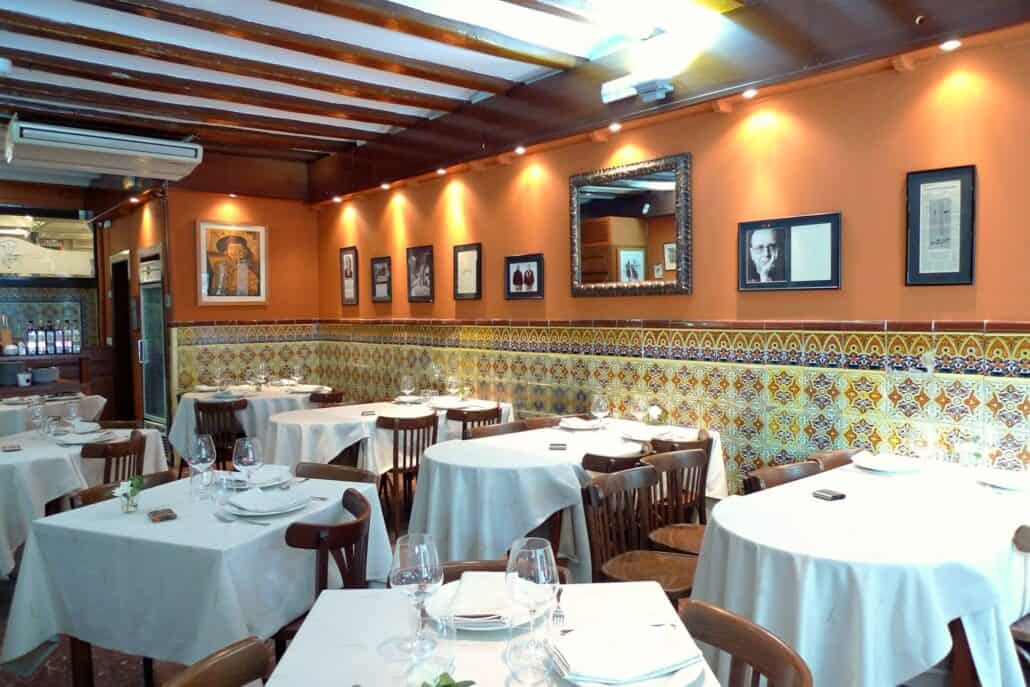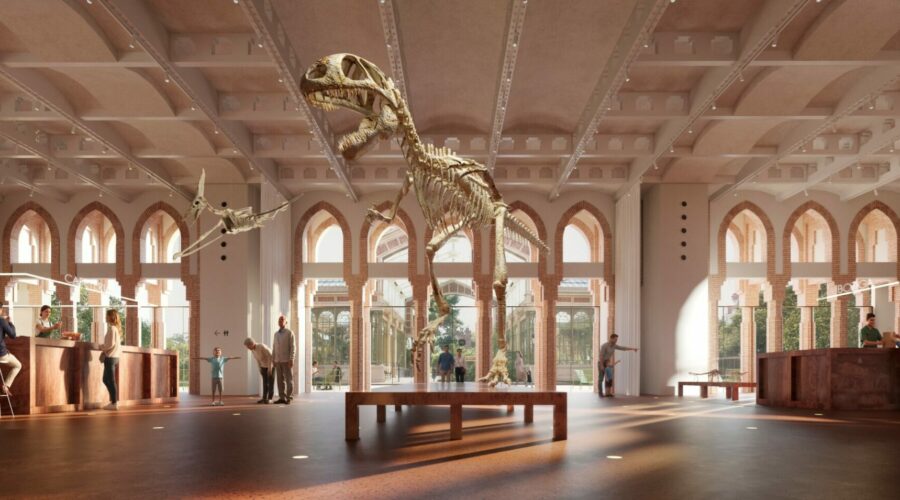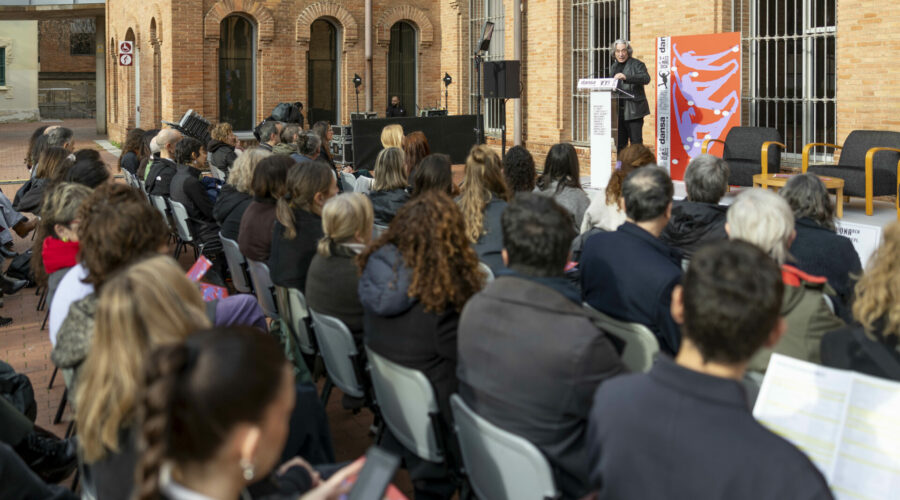Casa Leopoldo, a restaurant that for almost a century has been a benchmark in Barcelona’s gastronomic scene, has closed its doors once again. This closure marks the end of an era in which the restaurant was the meeting place of renowned Barcelona writers such as Manuel Vázquez Montalbán, Eduardo Mendoza and Juan Marsé. As the restaurant closes its doors, the neighborhood points to the “degradation” of the Raval as the cause of its demise.
 The Chinese Project that Ended in Failure
The Chinese Project that Ended in Failure
In an attempt to revive this iconic establishment, a group of Chinese investors took over Casa Leopoldo in 2022, following the economic challenges caused by the COVID-19 pandemic.. However, this project has turned out to be a resounding failure.This has led to the definitive closure of the restaurant located at number 24 of Sant Rafael street, in the heart of the Raval.
Neighborhood Degradation: A Controversial Cause
The closure of Casa Leopoldo has sparked debates about the reasons behind its failure. Some competitors in the area argue that the Chinese entrepreneurs tried to resuscitate the restaurant by offering affordable menus at 12.5 euros, but that this was not enough to attract a steady clientele. The “degradation” of the neighborhood has been mentioned as one of the determining factors in this outcome.
 A Closing that Sets a Trend
A Closing that Sets a Trend
This is not the first closure that Casa Leopoldo has experienced in its long history. The restaurant, which first opened its doors in 1929 in a different location and moved to Sant Rafael Street in 1936, closed for the first time in 2015 under the Gil family’s management, marking a turning point in its culinary legacy.
The Rise and Fall of the Modern Era
In 2017, chefs Romain Fornell and Òscar Manresa, along with Rafa Peña, attempted to revive Casa Leopoldo, but the COVID-19 pandemic devastated the restaurant industry and the initiative to turn the restaurant into a social kitchen only lasted a few months before closing for good.
The Lost Legacy
The closure of Casa Leopoldo is not only a loss for Barcelona’s gastronomic scene, but also affects its cultural heritage. With its classic furnishings and images of bullfighters adorning its walls, Casa Leopoldo was registered as an emblematic store in the city.
A Wave of Change in Barcelona
The closure of Casa Leopoldo joins a series of closures of historic establishments in Barcelona, such as the upholsterer Gancedo and La Casa de les Sabatilles. The city has also seen other iconic places disappear, such as Can Lluís, although some have managed to be reborn under new names and management, such as Senyor Parellada, now known as Carmina.
A Call for the Protection of Heritage and Tradition
In the midst of these losses, Alberto Mejías, founder of Emblemàtics Barcelona, has urged the implementation of “policies to help trade with history” and programs aimed at preserving traditional trades and guaranteeing generational replacement. The closing of Casa Leopoldo underscores the importance of protecting and preserving the emblematic places that shape the identity and memory of a city in constant evolution.


 The Chinese Project that Ended in Failure
The Chinese Project that Ended in Failure A Closing that Sets a Trend
A Closing that Sets a Trend
